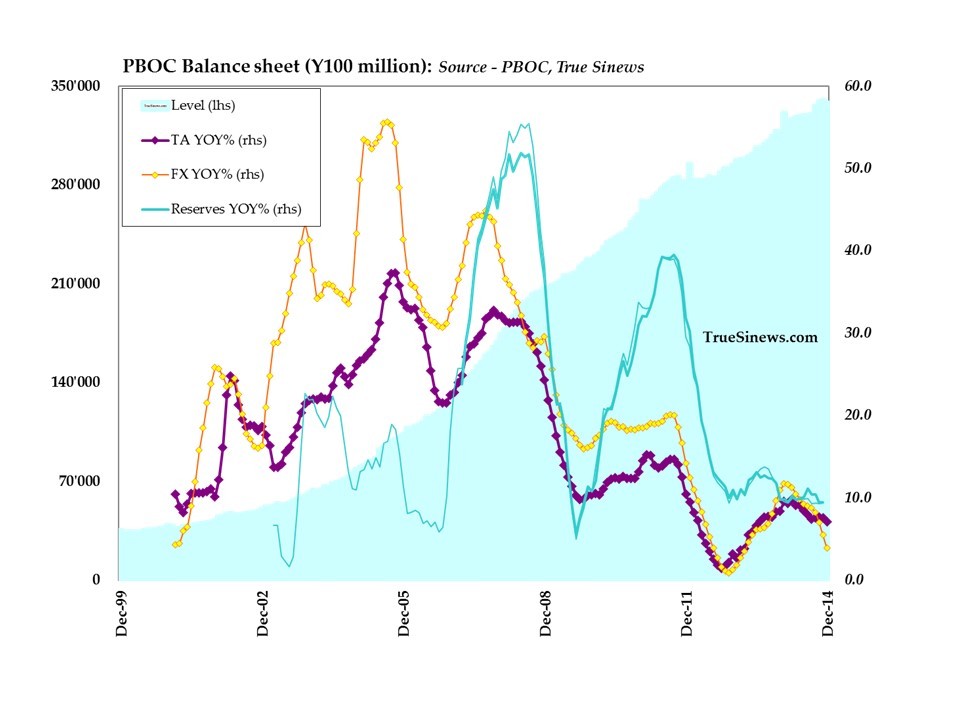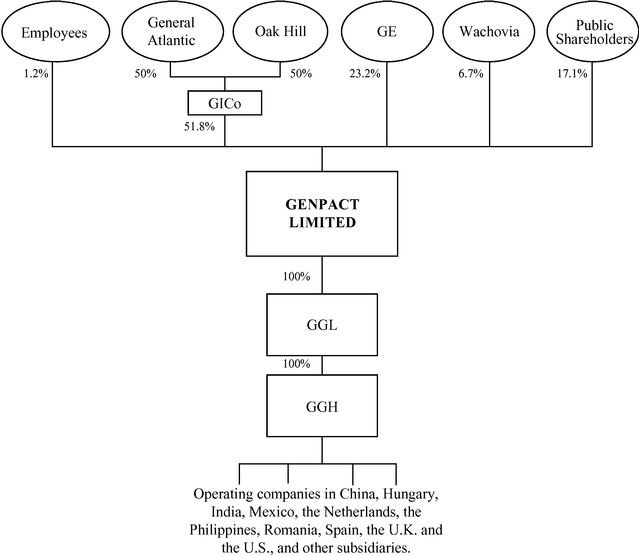How Foreign Exchange Affects Private Equity Hamilton Court FX
Post on: 16 Март, 2015 No Comment

Archives
How Foreign Exchange Affects Private Equity
November 12, 2014
Private equity and foreign exchange are intrinsically linked. Even if the acquisition target isn’t based overseas, there’s a high probability that they operate in the global marketplace.
Why Private Equity Varies Sector by Sector
Markets are cyclical and the smart investor never buys at the top. Opportunities arise at different times of the economic cycle for different businesses and depend on the economic conditions at the time of that investment (interest rates, FX rates, debt to equity structures, investment lifespan). Making moves in times of uncertainty can provide some of the best payoffs, but this invariably comes with greater risk. Managing those risks effectively gives more chance of a successful exit and a satisfied General Partner.
How FX Risk Can Erode Your Private Equity Profits
You wouldn’t choose not to invest in a company, in an international business, just because there was a foreign exchange element involved. You want to make the investment because there’s value to be unlocked, regardless of the foreign exchange market.
Therefore it’s down to us to make sure that we can manage the risks of buying a company internationally. Ensuring that when you come to dispose of that company in 3, 5, 7 years’ time – whatever your plan is to get out of the investment and realise some profit – you’re then in a position to do so without carrying 5 years of foreign exchange risk along with the investment, which could effectively erode all of your profits.
Why Flexibility is Key in Private Equity

So, private equity is sector by sector. It’s business by business and also region by region. And a lot of the time there isn’t always a fixed timeline for divestment. Best laid plans can go to waste, or further value adding opportunities can arise.
For example, halfway through your investment cycle you might think ‘well actually there’s plenty more opportunity for this company if we acquire competitor X and create a more compelling market proposition.’
In doing so, your planned investment cycle goes from three years to seven years, possibly beyond, and may open up even more global territories and revenues for you to manage. If you haven’t made contingencies for that with some kind of hedging then you need to either radically rethink your plan, or you’re at risk because you’ve hedged yourself for three years and now you’re going for seven.
Flexibility is the key in private equity and we specialise in providing robust, yet flexible hedging solutions for all manner of scenarios. We work with our clients to establish what’s right for them, not to make their investment fit into an off-the-shelf solution.
Do you have any questions about managing your foreign exchange risk?
Ask away. we’re happy to talk.














